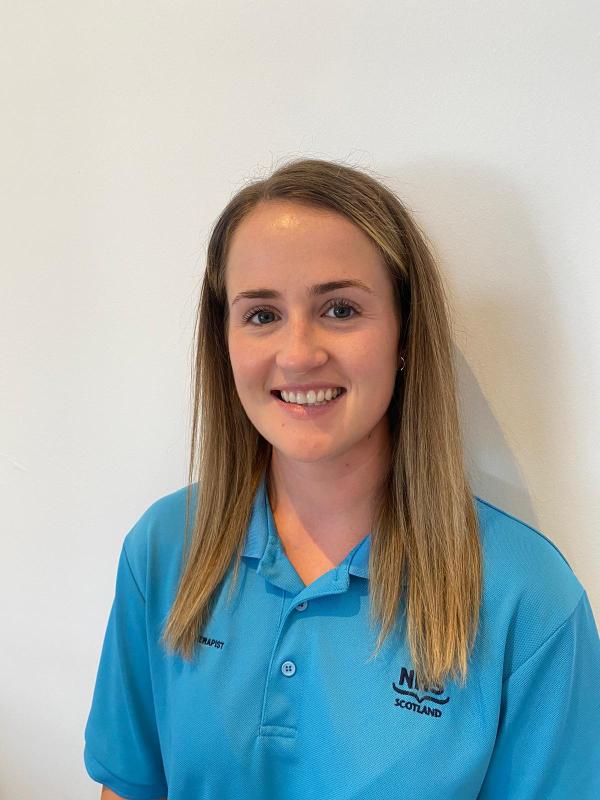Lauren MacKenzie, an experienced MSK physiotherapist working in Glasgow, encourages others to call out sexist comments in the workplace

The 21st-century woman is a force to be reckoned with. We are successful, strong, brave, hardworking, patient and intelligent to name but a few defining attributes.
So why is my XX chromosome automatically seen as inferior when working with some who bear the XY variation?
I have been working as a physiotherapist for six years. When added to my degree and background hours of continued learning, development and teaching, that takes my experience beyond the 10-year mark.
I manage a complex caseload within a very deprived area of Glasgow and, for the most part, I feel I’m pretty good at it. But my experience and competence is sometimes questioned because of my sex.
I work with a local GP practice to support their medical students; fourth-year students shadow our clinic to gain an understanding of the powers of physiotherapy and some MSK assessment skills. Earlier this year, a male med student came to the department.
I had a new patient in - a male in his 50s - with a recent episode of back pain. As usual, I was taking the time to explore the history around the condition as part of my initial assessment, during which the patient continually gave his answers to my questions to the med student instead of speaking to me.
The patient made sexist remarks like 'bloody women eh' and 'even my mother wouldn't get me to do this stuff'. At the end of the session, he said he’d return the kettlebell for me so he 'could be a gentleman'.
While the comments were overtly sexist, it felt like a microaggression to repeatedly speak to the med student instead of me. And for the med student to laugh along rather than challenge the comments. It started to grate at my confidence. I felt undermined and disrespected.
Frustratingly, I did not have the words or the confidence to call out the behaviour. As a healthcare worker, I never want to create conflict with a patient and remain professional at all times, however, I wish I could have found the right words to challenge this.
What was evidently seen as 'male banter' left me cautious around the patient so as not to continue to be the topic of their in-joke. All too often women accept these types of comments and brush them off over fear of escalating the situation. In this case, I absolutely did not know how to call them out while maintaining my professionalism.
This is just one example of a microaggression on the basis of sex and gender. But it is all too common. Although as a feminist I never want a man to talk on my behalf, if the med student had stepped up to be an ally, I would have felt supported instead of undermined.
I hope the CSP campaign gives women and men the confidence to call out microaggressions to challenge subtle – and overt - sexism in the workplace.